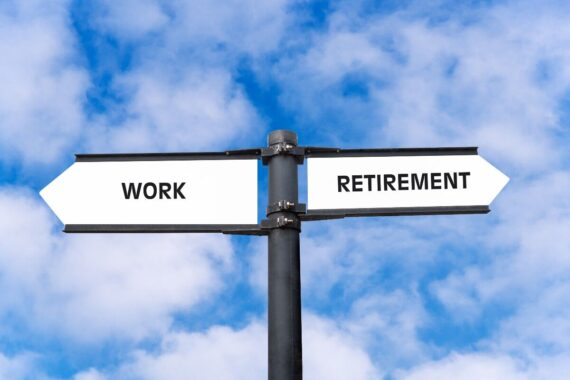Fewer GPs taking advantage of partial retirement this year, NHS data shows

Fewer GPs are taking advantage of the option to partially retire this year, new NHS data has showed.
According to data from a Freedom of Information (FOI) request to NHS Business Services Authority, 459 completed applications for partial retirement have been made by medical staff for the first five months of this year.
This is nearly half the amount submitted in the same period the year before, when the applications made were 869.
The data, requested by specialist financial services mutual Wesleyan, showed that of the applications completed so far for 2025, just 31 were from GPs, compared to 45 last year.
Last October, partial retirement was introduced for NHSPS members aged 55 and over in an effort to retain more doctors.
This means that members are able to partially retire, claiming up to 100% of their benefits (under the 1995 pension regulations) while continuing to work and accrue further pension (under the 2015 regulations).
For GPs, this means that on reaching minimum pension age, which is currently 55, they will become eligible but a 10% reduction in commitment is required.
Wesleyan medical regional manager Wilf Moralee said there are ‘likely a lot of factors behind these numbers’.
He said: ‘From my experience, the chief barriers are often a deeply engrained sense of duty that means doctors don’t want to reduce their hours and leave colleagues handling challenging conditions, and quite simply a lack of awareness that the facility is available or that the rules have changed.
‘We’re encouraging every doctor to at least keep partial retirement in mind. It can be incredibly powerful in helping manage burnout and in enabling medics to pursue fulfilling portfolio careers – which could be anything from undertaking research to teaching.
‘And, it doesn’t even have to mean doing less. Although you need a 10% reduction in pensionable hours, you can often negotiate with your trust to fill that with non-pensionable work.’
He added that tax is often raised as a concern but that even if there’s a tax bill to pay, it might be in a doctor’s ‘best interests’ to still explore this option if the time and money that partial retirement can afford is ‘worth it for their wellbeing’.
He said: ‘Especially for members over 60 years old in the 1995 section of the NHSPS, there are no actuarial enhancements for delaying taking the pension, so it may be a choice between a little extra tax on taking their pension compared to missing out on the income entirely.
‘Of course, circumstances vary, but that’s why it is important to receive professional advice before starting on the applications.’
Earlier this year a Pulse survey found that 29% of GPs see themselves retiring in the next five years.
And last week, a data analysis showed that more than 1,600 GPs are missing out on millions of pounds in pension tax compensation due to ‘administrative failures’.
Portfolio careers
What is the right portfolio career for you?














